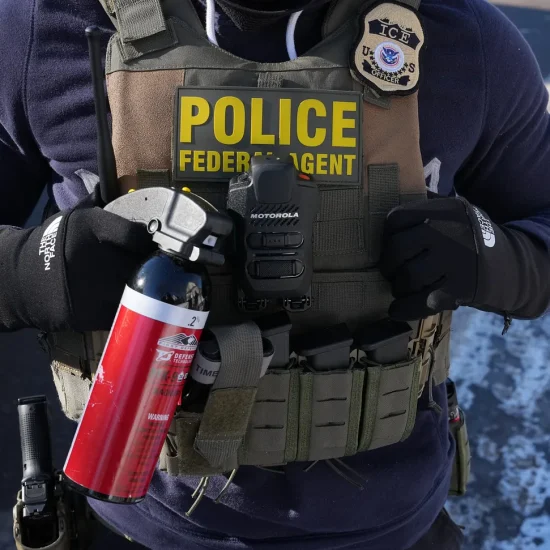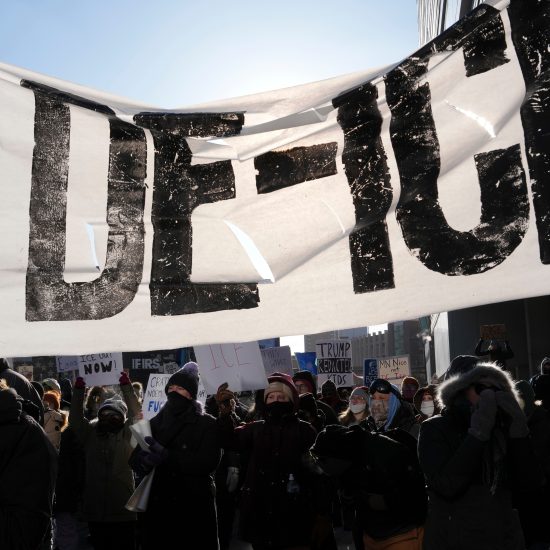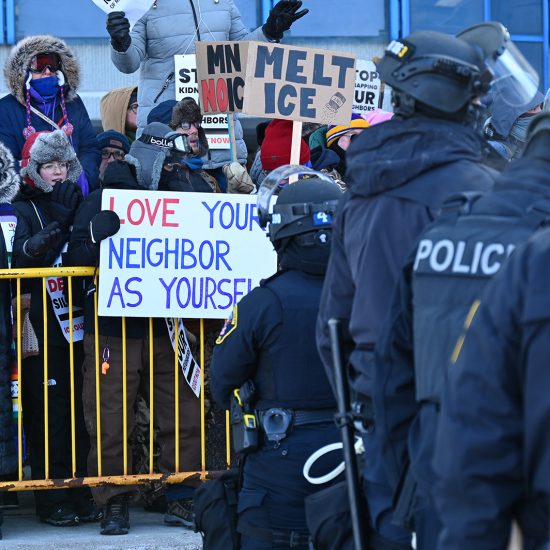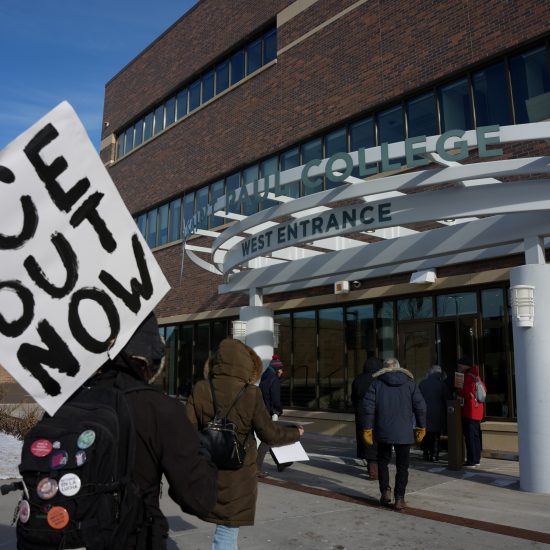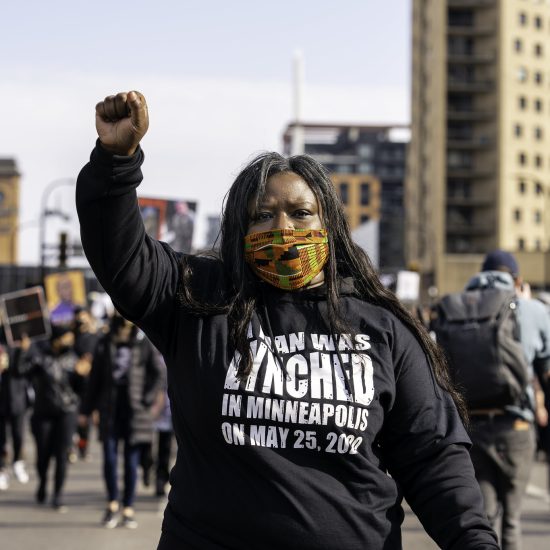
The old adage goes something like, “How do you eat an elephant? One bite at a time!” While I have never been a big fan of the prospect of ingesting pachyderm portions, I more than understand the idea that monumental and seemingly impossible tasks must start one small step at a time. Like John Candy polishing off the “Old 96er” (oz.) steak in the movie The Great Outdoors, each overwhelming task starts with a first bite. And truly, it may be slow and unpleasant along the way.
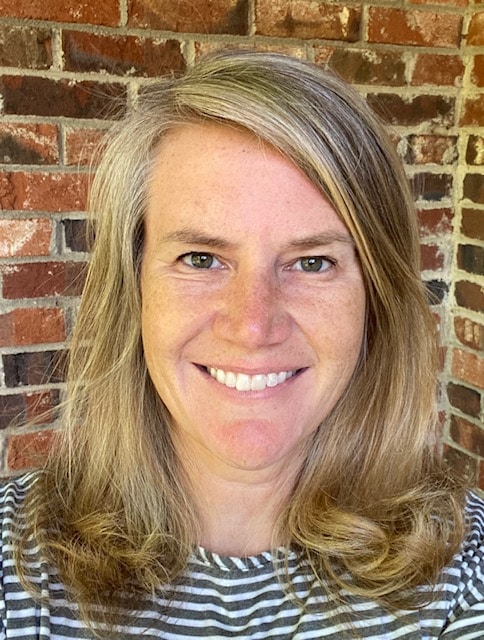
Sarah Blackwell
An insurmountable task that looms over the Southern Baptist denomination is what to do about the recent release of the internal database of abusers. They are not alone in being embroiled in sexual abuse scandals as both the Catholic Church and the Boy Scouts of America have had countless charges brought against them in recent years. With the SBC, though, the extra level of institutional distrust comes from the release of the confidential database that tracked years of abuse charges after adamant denials that the denomination should even keep such records. Back in 2008, Baptist News Global reported that the SBC’s executive committee would not support the creation of a database of perpetrators, citing the autonomy of each local church. And yet, here we are in 2022 reading exactly the list they vowed not to create.
On the day that the document was released, I scrolled slowly through the list of names. I recognized churches that people dear to me attend. I texted my friend, whose assailant from years ago was likely on the list, only to find out that indeed he was, but he was listed at a church other than the one she attended. No one took her claims seriously enough, and he was silently shuttled off to another church, where exactly what she feared would happen, did. He took advantage of his new position to hurt victims there as well. This is the exact sort of thing the database should have been created to prevent.
I lamented the women and men triggered by the release of the document. How many times they had cried out and were surreptitiously silenced and belittled! Some were demonized as being the cause of the trauma they endured at the hands of another. My heart ached for Jesus’s church that we had not protected the vulnerable and been a loving home to all. We had become a church that valued the powerful and ignored the weak — a complete turn from the kingdom Jesus preached. Reading through all the names became a sacred rite… a small way to voice the pain of the forgotten. And then I thought, now what? How do churches and denominations recover from such a breach of trust? What is the path forward?
In the wake of the publishing of the SBC’s list, we yearn for sweeping “big moves.” We want widespread reactions to ensure something like this never happens again. Recently on The Rise and Fall of Mars Hill podcast, Russell Moore, former president of the SBC’s Ethics & Religious Liberty Commission and current chair of theology for Christianity Today, remarked on our desire for grand comprehensive solutions. He referenced Wendell Berry’s quotation that “people want a solution as large scale as the problem.” While Wendell Berry was referencing environmental issues and Moore was focused on general institutional leadership issues, the sentiment fits the abuse scandal as well.
Moore remarked that “lots of small solutions are needed in a time when small solutions are seen as inadequate.” Each of the recommended steps seems so minor, so insignificant. Is it even worthwhile? There is no one move that can address all the issues at play, but there are some small steps that together will make a difference for the next generation. What things can be done? How can we be faithful in convincing our congregations that the tiny toggles are worth it?

SUNBEAM PHOTOGRAPHY / Unsplash
Many of my ministry friends are thick into the Vacation Bible School, mission trip, and summer camp season right now. Inevitably some story will come up about “Sister Jean” who refuses to volunteer if she has to get a background check because “she’s been a member of the church for 70 years and everybody knows she is just fine to work with the children.” We all need to be willing, though, to submit to some gate-keeping when it comes to the care and protection of our children. Other ministry friends have lamented having to find the money to pay for background checks or ask the precious few volunteers they do have to fork out the money to have them done. Using church resources to ensure safe volunteer and hiring processes is a must and should be budgeted just like the power and water bills.
Other small throttles include the addition of a two (non-related) adult policy for any classroom or group involving minors. More extensive training of volunteers on proper discipline, procedures, and boundaries is also needed. Each church should have a standing personnel committee in place to handle issues as they arise — since many churches lack a dedicated human resources employee. We can provide safe spaces for those traumatized by abuse to share their stories in healthy ways. We should train our ministers on how to set appropriate boundaries and document any questionable interactions. Instruction for minors is also needed on healthy and appropriate interactions with others. We must seek greater diversity in our leadership and decision-makers so as not to become stuck in echo chambers. Mostly we have to put first the care of the vulnerable, even if it means sacrifices on our own part.
People do not just give you their trust for no reason. It must be earned bit by bit over a long period of time. And let’s face it, most Americans cannot easily distinguish between Christian denominations much less different types of Baptists. Such a scandal reflects on all Christians whether we want it to or not. Thus, we must each help take some of the small bites needed — even if means sometimes we get the grizzle or fat that was not ours to deal with in the first place. Even you Sister Jean.
Sarah Blackwell is a contributing writer at Word & Way and a 2020 graduate of the Gardner-Webb School of Divinity. She is an ordained deacon and volunteers with youth and young adults at Providence Baptist Church in Charlotte, North Carolina where she willingly submits to background checks. Follow her writings at proximitytolove.org.

